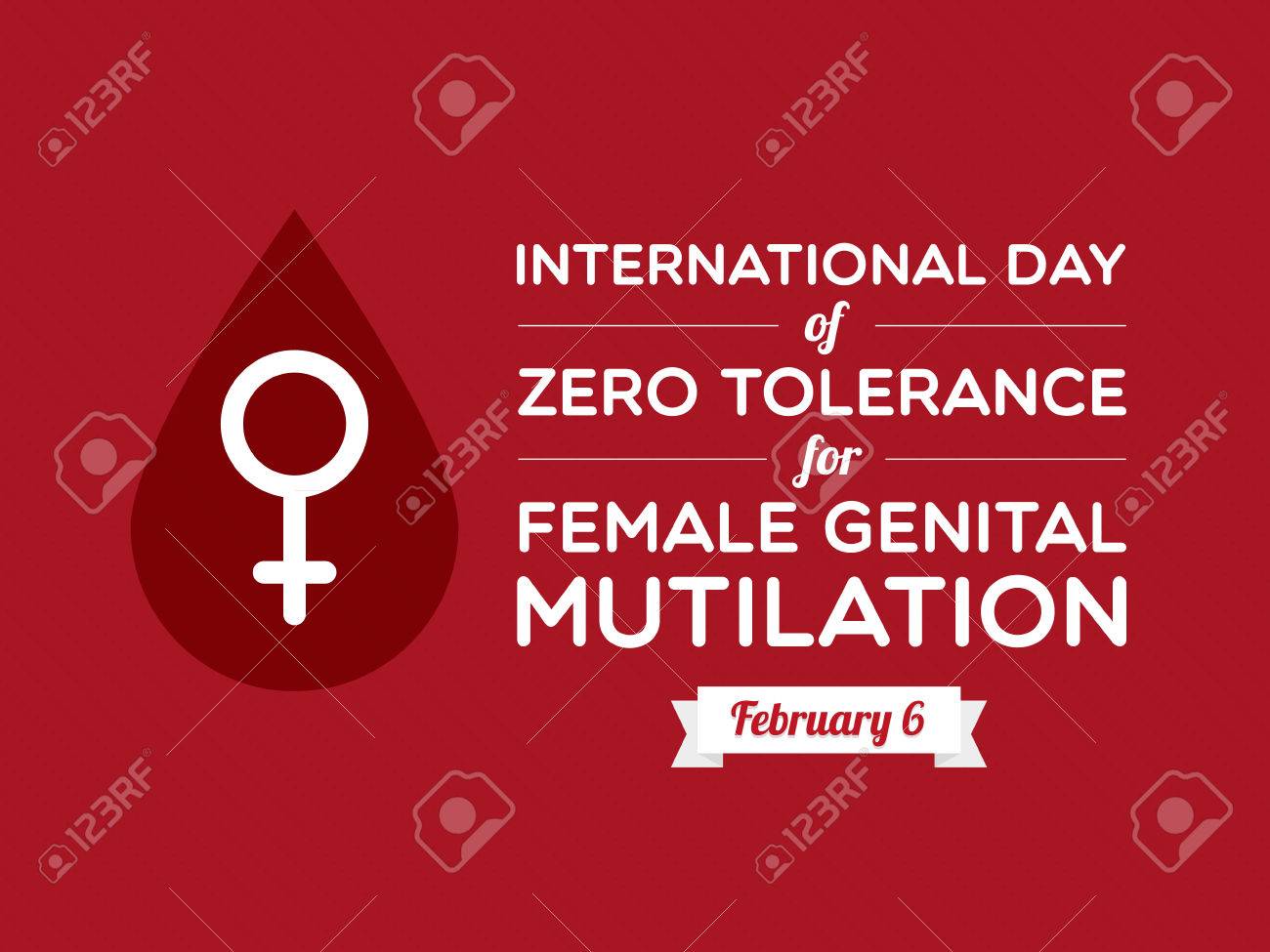International Day against Female Genital Mutilation
Introduction
Female genital mutilation (FGM) includes all procedures consisting of altering or damaging the female genital organs for reasons that have nothing to do with medical decisions, and is internationally recognized as a violation of the human rights of women and girls.
It reflects a deep-seated inequality between the sexes and constitutes an extreme form of discrimination against women and girls. The practice violates their rights to health, security and physical integrity, the right not to be subjected to torture and cruel, inhuman or degrading treatment, and the right to life in cases where the procedure ends up leading to death.
To abandon the practice of female genital mutilation, it is necessary to carry out systematic and coordinated efforts that involve entire communities, focusing on human rights and gender equality. These efforts should emphasize social dialogue and the empowerment of communities to act collectively and put an end to the practice. The sexual and reproductive health needs of women and girls who suffer its consequences must also be addressed.
UNFPA and the United Nations Children's Fund (UNICEF) have jointly led the largest program on a global scale to accelerate the elimination of female genital mutilation. The program currently focuses on 17 countries in Africa and is also compatible with regional and global initiatives.
The United Nations Population Fund (UNFPA) collaborates with governments, partners and other UN agencies to achieve several of the Sustainable Development Goals (in particular, Goal 3 on health, issue 4 on education and 5 on gender equality) and contributes in various ways to achieve many of the other objectives.
The celebration of this Day is also part of the "Spotlight Initiative", a joint project of the United Nations and the European Union to eliminate all forms of violence against women and girls. In particular, it deals with sexual and gender-based violence, which includes female genital mutilation, in sub-Saharan Africa.